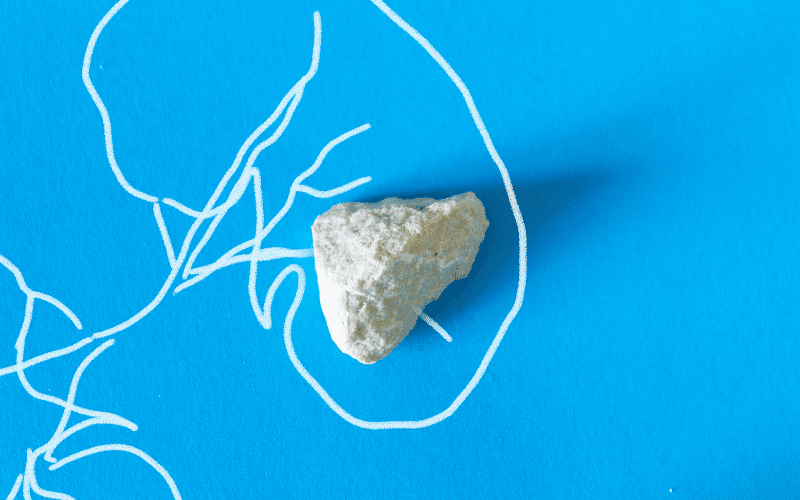Symptom 4. Kidney Stones: A Painful Complication of Polycystic Kidney Disease

Kidney stones, a painful and often recurring problem, are a common complication in individuals with Polycystic Kidney Disease. Kidney stones are hard mineral and salt deposits that form inside the kidneys. For those with PKD, the disease’s very nature may predispose them to stone formation.
Cysts, the defining characteristic of PKD, have a way of altering the kidney’s architecture. This could disrupt the usual pathways that urine uses to exit the kidneys, leading to urine stagnation. When urine is not expelled as efficiently, it can cause stone-forming substances to crystallize and clump together.
The experience of passing a kidney stone is often described as excruciatingly painful. The pain typically starts in the back or sides, below the ribs, and can spread to the lower abdomen and groin. It might come and go in waves, varying in intensity, and often accompanies bloody or cloudy urine.
Kidney stones, while not directly harmful to kidney function, can lead to severe complications if left untreated. For example, they can cause blockages in the urinary tract, which can lead to infections or even kidney damage.
There’s an irony to kidney stones in the context of PKD. While PKD might increase the likelihood of developing stones, the presence of stones can exacerbate the pain and complications associated with PKD. It’s a complicated relationship that underscores the importance of proactive symptom management in this disease. (4)